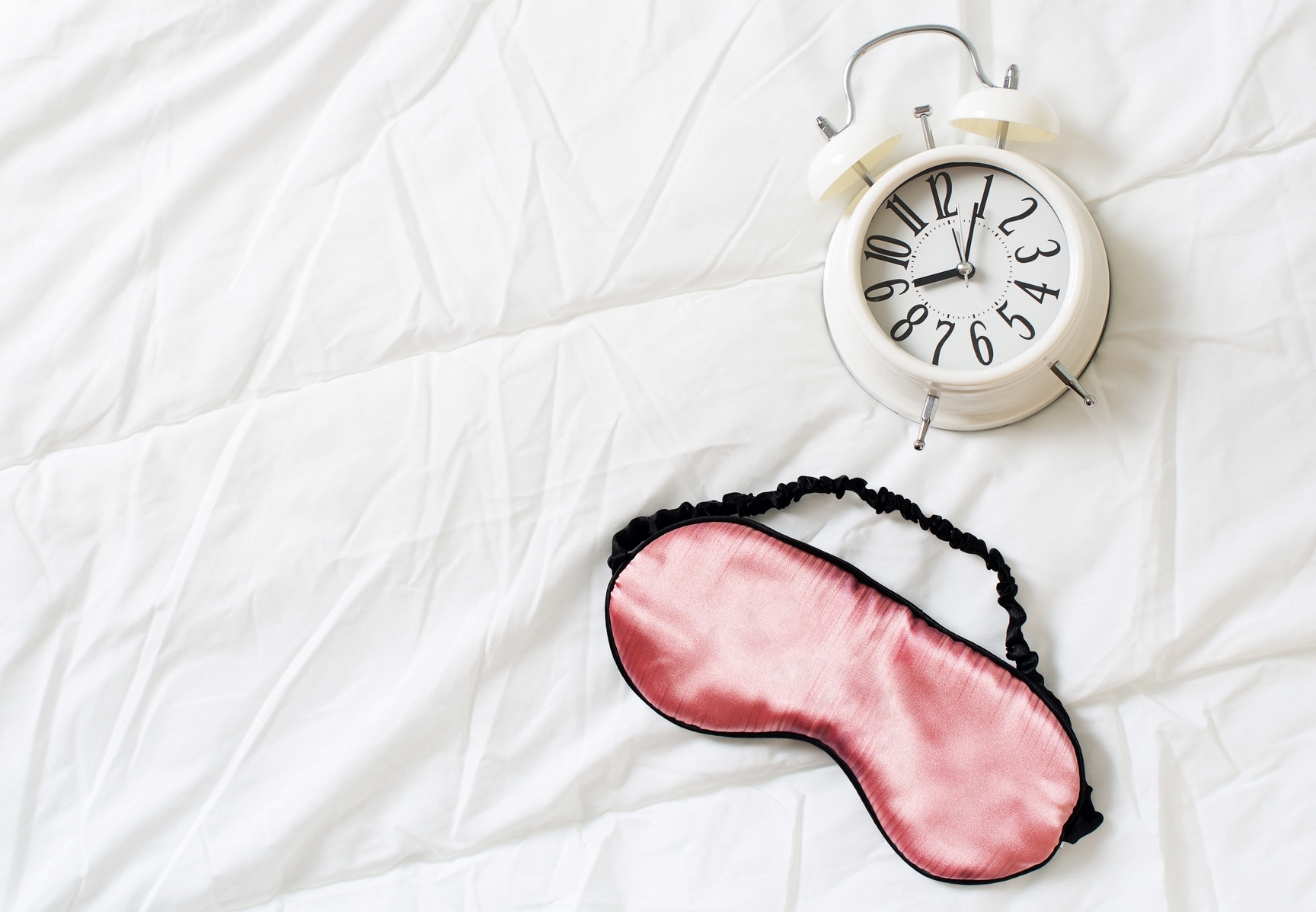 March 13–19 is National Sleep Awareness Week 2022. Sleep Awareness Week was launched in 1998 by the National Sleep Foundation to advocate for healthy sleep.
March 13–19 is National Sleep Awareness Week 2022. Sleep Awareness Week was launched in 1998 by the National Sleep Foundation to advocate for healthy sleep.
Having healthy sleep habits affects overall health—it can boost the immune system, strengthen the heart, and improve memory.
To celebrate National Sleep Awareness Week, Megan Hays, Ph.D., assistant professor and clinical psychologist in the Department of Physical Medicine and Rehabilitation, and associate director of Education in the Office of Wellness, shares her five top tips for healthy sleep.
Get the lighting right. Light is the primary source for synchronizing our circadian rhythm. During the day, direct sunlight cues our bodies to be energetic, while at night warm light, such as lamps and candles, cues the production of melatonin. Hays recommends avoiding screens (including from TVs, laptops, and smartphones) one to two hours before going to bed.
Get regular. “The body and brain like and reward regularity,” says Hays. Getting up at the same time every day, even on weekends, will help set a schedule for your body to follow. “Don't worry too much about the bedtime. If you stick with a consistent wake time the bedtime will eventually take care of itself.”
Build sleep drive. Hays says the sleep drive is like hunger—the longer we go without sleep, the more the sleep drive builds. “Having enough sleep drive built up means you can ‘cash in’ for a better night of sleep,” Hays says. We build up our sleep drive by avoiding naps, not trying to “make up sleep” by sleeping in, exercising regularly, and getting 15 to 30 minutes of sunlight daily.
Don’t try too hard. Hays says, “If you notice that you've been tossing and turning for about 20 to 30 minutes or feel like you're fighting sleep, leave the bedroom and do a relaxing activity in another room.” A relaxing activity could be reading a book or listening to music. Return to your bedroom when your eyes feel heavy and are difficult to keep open. Repeat as many times as needed.
Establish a pre-bedtime "ritual." Doing the same, relaxing things each evening helps signal to your body that it is bedtime. Hays says an example of a pre-bedtime ritual is reading a book, taking a bath, then going to bed. She suggests a bath because, “A warm bath or shower brings the heat from the core of the body to the surface, naturally cooling the body and promoting better quality sleep since core body temperature needs to drop by about 2 to 3 degrees to maintain deep sleep.”
If you’re struggling with any sleep disorders, the UAB Sleep/Wake Disorders Center can help with insomnia, narcolepsy, sleep apnea and more. To make an appointment call 205-934-7110 or visit their website.